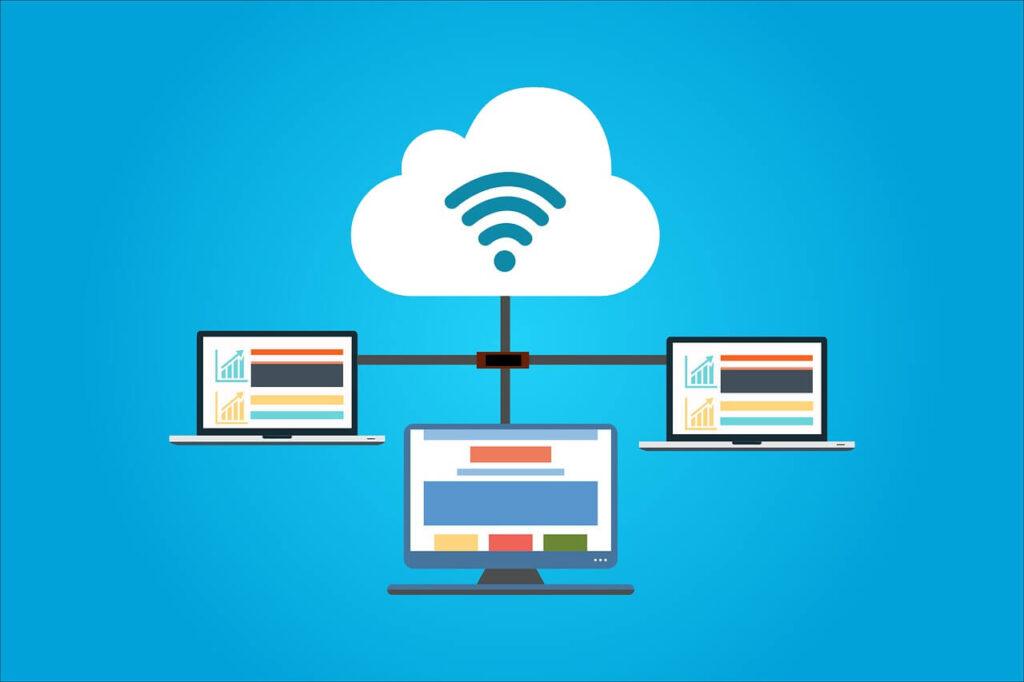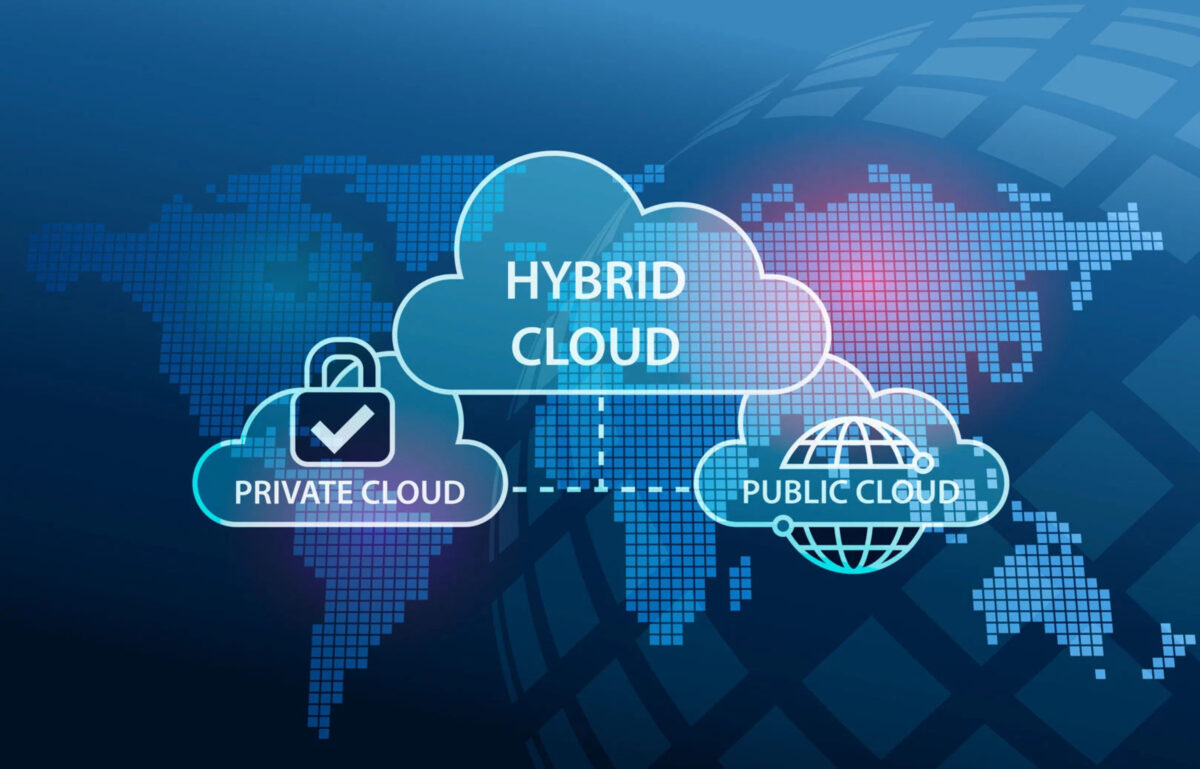We are more connected than ever before, thanks to the rapid technological advances of the internet. From emails to VoIP telephony, and websites to the type of blog that you are reading right now, businesses are increasingly reliant on the internet to transmit messages and share information to keep the wheels of commerce turning. Business cloud services are an increasingly large part of internet connectivity and communications. They comprise infrastructure, platforms and software that can be accessed by users via the internet but are hosted by third-party providers.
Why do we need business cloud services?
Advantages to switching to cloud services, instead of sticking with on-site servers and paper-based storage are numerous, from enhanced security to easier back-ups and storage solutions. Using business cloud services means that more data can be stored away from the organisation’s physical premises… This helps save money and space for businesses that have large amounts of files and data to store.
They offer users enhanced security measures for confidential, valuable and sensitive information too, via measures such as passwords and data encryption methods. Finally, they enable rapid, effective back-ups and updates to ensure that data can be restored when needed.
As well as these benefits, cloud computing also helps increase business efficiency and accessibility around file sharing. People can retrieve what they need from any location or device with internet access, and at any time of the day or night. This supports effective collaboration between teams. Finally, business cloud services are invaluable when it comes to disaster recovery, as the data is updated, backed up and stored off-site for easy recovery, should the organisation’s hardware or software systems go down.
What types of business cloud services are available?
As an overview, there are four main types of business cloud services available: private clouds, public clouds, hybrid clouds and multiclouds. Each of these offers different benefits. It is worth talking to a cloud services expert such as PCW Solutions to work out which one will suit your needs the best in terms of accessibility, privacy, security and scope of service.

- Public Clouds
Public clouds are normally not created or hosted by the user’s infrastructure. They are provided by external companies, such as Google Cloud, Microsoft Azure or IBM Cloud, and host multiple tenants. Some charge for hosting, while others either offer their services for free or have a tiered structure where some basic services and capacity are offered for free, with chargeable enhanced provision.
Private clouds are normally dedicated to a single or very small number of end users. They are usually run behind an organisation’s firewall for added privacy and security. Previously, private clouds could only be run using the on-site infrastructure. Increasingly, however, they are being hosted by rented, vendor-owned locations. This has allowed different types of private clouds to rise in prominence, including managed private clouds, which are configured and managed by a third party, and dedicated clouds for subsets of an organisation, such as an individual department being allocated their own private space.
- Hybrid Clouds
Hybrid clouds are single IT areas that are made up of multiple connected cloud services, such as local area networks (LANs), wide area networks (WANs) and virtual private networks (VPNs). They can contain a mix of private and public clouds and offer greater flexibility and choice when it comes to setting up applications and services. The huge advantage to this approach is that you can employ and connect multiple integrated different applications and levels of security, service etc. depending on the requirements for each application within the hybrid cloud.
- Multiclouds
Finally, multi-clouds are similar to their hybrid counterpart, in that they are made up of more than one of the same type of cloud service (e.g. public, private…) that are sourced from more than one cloud provider. While all hybrid clouds can be considered multi-clouds, however, multi-clouds only qualify as hybrids if there is some form of active integration or portability between the different cloud services involved. If the different types of business cloud services are not connected in any way, the service is known as a multi-cloud. Advantages to multi-clouds include greater flexibility, proximity from using local servers, increased protection against single-cloud outages and a scalable backup system to keep your data safe from deletion or becoming corrupted.

